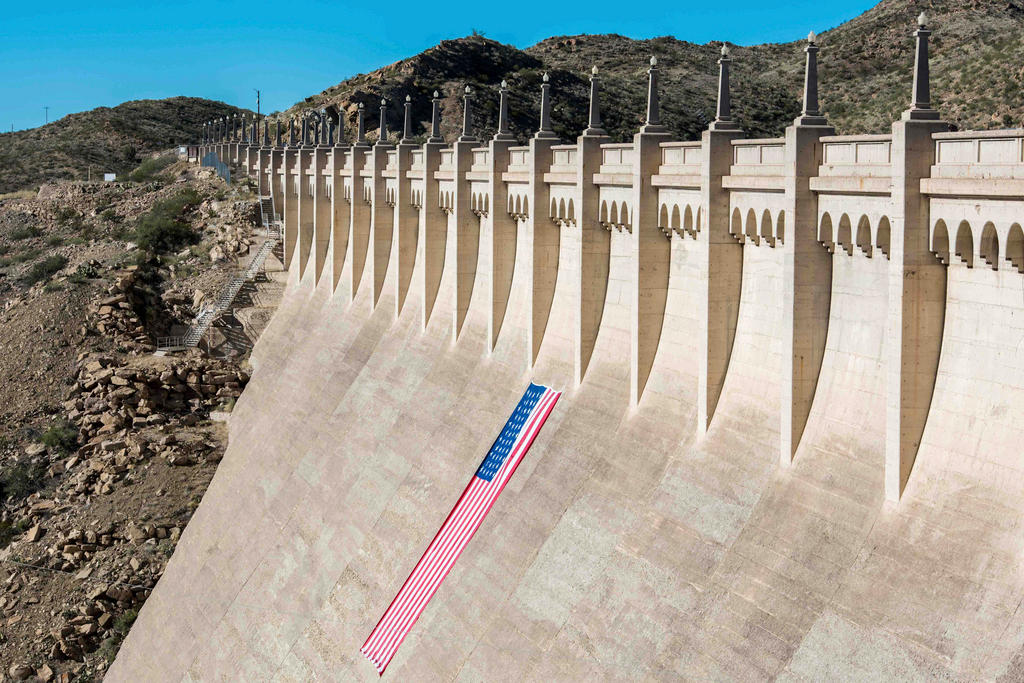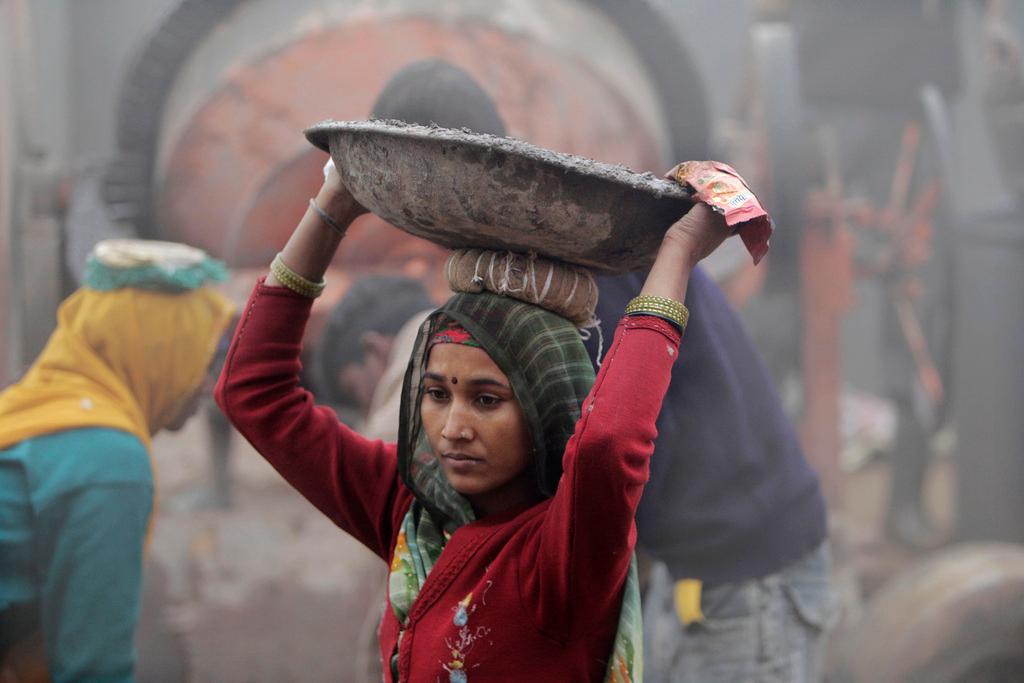LafargeHolcim admits to paying off armed groups in Syria

The Franco-Swiss cement giant LafargeHolcim has admitted that its staff in Syria paid armed groups in return for being able to operate one of its now-closed cement plants and ensuring the safety of its employees.
On Thursday, the company issued a press release responding to allegations made in numerous publications in 2016 about the company making deals with Syrian armed groups.
An independent investigation supervised by its board’s finance and audit committee revealed the then Syrian branch of the then Lafarge company (before its merger with Holcim) had dealt with armed groups in 2013 before evacuating its factory in northern Syria, located 150 kilometres (95 miles) northeast of Aleppo in 2014.
“It appears from the investigation that the local company provided funds to third parties to work out arrangements with a number of these armed groups, including sanctioned parties, in order to maintain operations and ensure safe passage of employees and supplies to and from the plant,” said the company press release.
However, the investigation only revealed that Lafarge Syria had paid a middleman to ensure the security of its plant. It failed to identify the armed groups that ultimately received LafargeHolcim money.
The cement firm claimed that its employees had acted in the “best interests” of the company but that the measures taken were “unacceptable” and showed “significant errors in judgement”.
In response to the scandal, LafargeHolcim has approved the creation of new Ethics, Integrity & Risk committee, supervised by a member of the Executive Committee. It will also step up its risk assessment of high-risk third parties and joint venture partners.
In November 2016, the world’s biggest cement maker rejected suggestions that its Syrian operations in 2013-2014 may have contributed to financing Islamic State militants. The statement was made in reply to a legal complaint reportedly filed by two human rights groups in Paris against Lafarge, saying some of its work in Syria may have made it complicit in financing Islamic State and in war crimes.
On Thursday, LafargeHolcim released its first annual report since the merger of French Lafarge and Swiss Holcim cement companies in July 2015. It reported profits of over CHF1.9 billion ($1.88 billion). In contrast, the Syrian Lafarge plant was operating at a loss and represented less than 1% of its sales.
LafargeHolcim confirmed on Thursday that it wants a slice of the contentious plan to build a wall between the United States and Mexico. The company’s interest was first raised by the Tages Anzeiger newspaper that had seen documents filed with the US authorities.
Companies have been asked by the US to submit their designs for the wall next month. According to the Tages Anzeiger, some 220 firms have registered an interest, but Lafarge Holcim is the only Swiss company listed so far.
The world’s largest cement company told the newspaper that it routinely registered its interest in large scale projects. It had not received any feedback from the US, a spokesperson said. The company also said it was not applying to be the main contractor in the project, but hoped to be a partner or supplier in the future.
LafargeHolcim’s chief executive Eric Olsen confirmed the company’s interest at a press conference on Thursday. He said the range of infrastructure projects being planned by the new administration in the US represented a “huge opportunity” for the firm. “We are number one in cement in the US,” he said.
Last week, Swiss industrial chemicals company Sika also confirmed that it would like to be involved in the project if it actually came into being. Estimates of how much such a wall would cost to build range from $10 billion to $22 billion.

In compliance with the JTI standards
More: SWI swissinfo.ch certified by the Journalism Trust Initiative












You can find an overview of ongoing debates with our journalists here . Please join us!
If you want to start a conversation about a topic raised in this article or want to report factual errors, email us at english@swissinfo.ch.